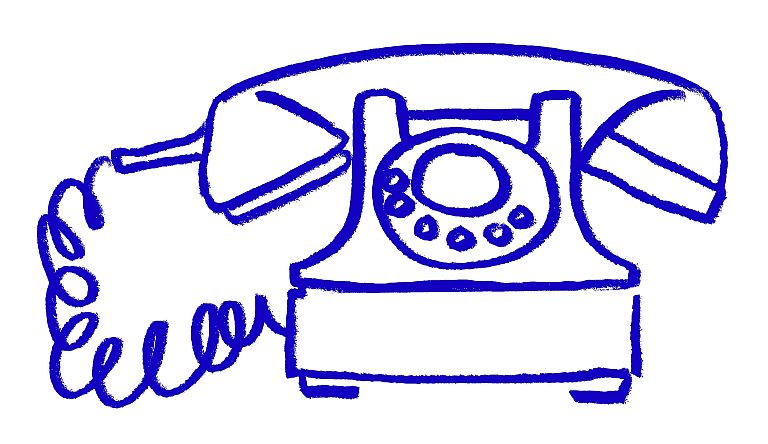Delivering Advice during a Time of Change
19/07/2022

The adult Advice Team provides advice and assistance about benefits, housing, and debt. At the time the pandemic arrived, this was how things looked:
• A core service, most of whose clients had initially come to one of our two weekly drop-in sessions
• A Universal Credit project, which acquired most of its clients via the drop-ins
• A service to people presenting as homeless at the Town Hall, which was staffed by advice supervisors and volunteers
• A service to in-patients at three wards of the residential mental health unit at North Manchester General Hospital. We had just expanded the project to cover the residential unit at Wythenshawe Hospital as well.
The Advice Team quickly adapted to the new, and ever-changing situation. By 17 March the Town Hall advice supervisors developed a contingency plan, and set up an online system for housing solutions staff to make referrals, that was in place before lockdown. By 24 March we had set up a general set of procedures, including a method for logging and responding to new queries, as well as a WhatsApp group, so that we could support each other and share information in a secure way.
The core team now received most of its new queries via phone and email. These were taken by members of staff from across Manchester Mind who volunteered their time. We were able to provide on the phone most of what we had previously done face-to-face. There were some challenges: for example, helping people complete benefit questionnaires, but we developed tools and systems to address this. More fundamentally, we and our clients missed out on all the non-verbal communication that occurs when people meet face-to-face. This sometimes meant that cases took longer, as more time was needed to be spent with people to enable a trusting relationship to be developed.
The hospital service is based on our workers being present on the wards and available to patients. Early in lockdown one of our hospital workers noted that he had a much better relationship with clients he was working with on the phone if they had met in person previously than with those he had not. Accordingly, we developed a risk assessment that allowed our staff to attend wards on a limited basis.
A different kind of problem related to our postal deliveries. For complicated reasons, and despite sterling efforts by Elizabeth, we did not receive any of our mail for about the first three months of lockdown. This, not surprisingly, caused significant difficulties: appeal hearings were missed, and other vital correspondence relating to clients was not dealt with in a timely fashion.
The numbers of people using our services have remained similar to numbers before the pandemic, except for the first few months: that temporary reduction seems to have been noticed throughout the sector. That we have been able to continue to help this number of people despite the extra complications is a testament to the hard work of team members.
“I would like to thank you for all the help and support. I wouldn’t be able to fight for it on my own.” Advice Client
We have found that many clients are able to contact us by phone and email – some, especially those who do not live near the Zion Centre, have found it an advantage, although we remain concerned for those individuals who cannot. We are likely to reshape our ‘non-Covid’ service delivery in the light of what we have learned during this interesting time.
Giles Elliot, Advice Manager
